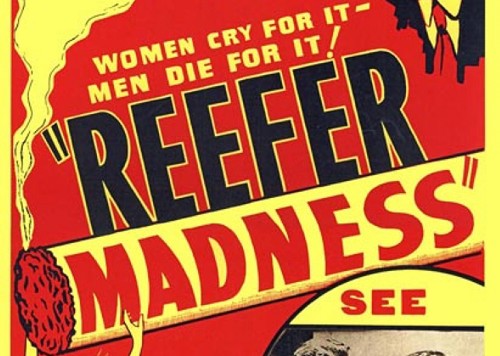
On October 13, the US Department of Labor published a “draft rule” which, if adopted, will escalate California’s disastrous war on workers and the “gig economy” to the national level.
Like California’s Assembly Bill 5, the Department of Labor’s rule would force companies who use services offered by “independent contractors” (think Uber, Lyft, Instacart, et al.) to pretend that many of those contractors are, legally speaking, “employees.”
The theory of the anti-worker forces behind this movement is that they’re really helping workers.
Employees get guaranteed rates of pay (including higher wages for “overtime”) and other government-mandated benefits. Independent contractors get whatever they agree to accept for whatever they agree to do.
Who makes more money? That varies from job to job and person to person. An employee who shows up 40 hours a week probably knocks down more money than an Uber driver who works 15 hours a week between college classes.
That latter part explains the benefits of independent gig work:
Employees work when they’re ordered to, where they’re ordered to, and how they’re ordered to.
Independent contractors own, as Karl Marx would approvingly note, the means of production. They set their own schedules and determine their own work loads. They decide what they’re willing to do, and when, where, how they’re willing to do it. They’re their own bosses. That flexibility is a benefit for students, single parents, and others for whom 9-5, Monday-Friday creates problems.
One fake benefit of employee status is that employees can form labor unions. That’s not a benefit. It’s the result of government acting — on behalf of business owners who didn’t like wildcat strikes and existing union bosses who didn’t want competition for dues revenues — to tame and cage organized labor with the National Labor Relations Act of 1935.
Absent the NLRA, independent contractors would be just as free (more free, actually) to form unions and drive hard bargains as employees are now. Having broken workers’ legs, it’s unseemly to expect gratitude for providing a second-hand crutch.
Why so much hate for gig work — which fits the classic definition of “socialism” — from alleged “progressives?”
If you have to ask why, the answer is usually money.
One of the National Employment Law Project’s complaints about the gig economy is that it may be “costing states billions of dollars in tax revenue. “
It may also cost Big Labor’s government-dependent unions opportunities to “organize” gig workers, whether they like it or not, and siphon dues from their paychecks.
The war on the gig economy is just one of many examples of how conservative today’s “progressives” really are. They’re more interested in saving an old and busted system, in the name of “the workers,” than they are in the actual interests of real workers.
Thomas L. Knapp (Twitter: @thomaslknapp) is director and senior news analyst at the William Lloyd Garrison Center for Libertarian Advocacy Journalism (thegarrisoncenter.org). He lives and works in north central Florida.
PUBLICATION/CITATION HISTORY


